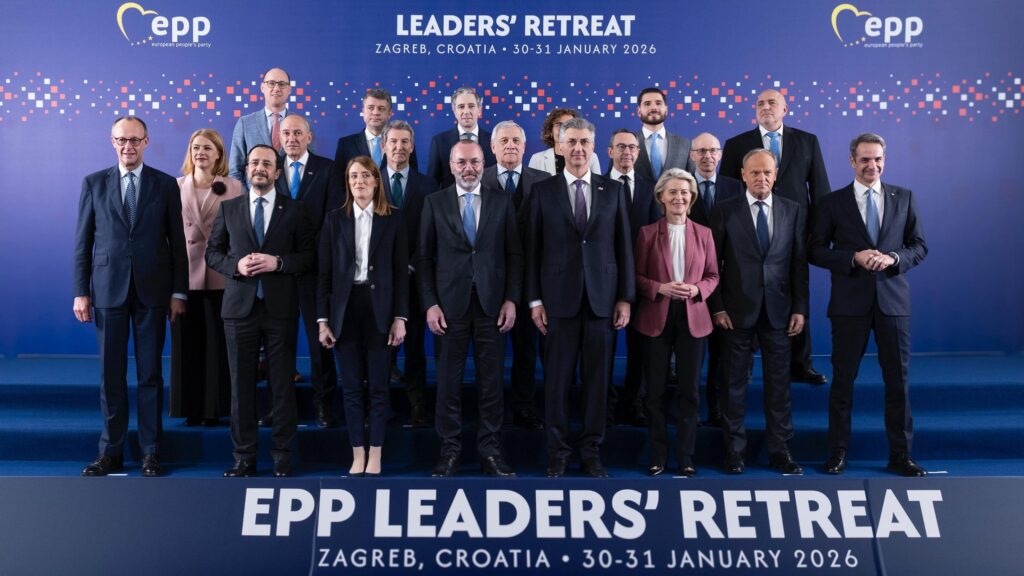
Behind closed doors in Zagreb, the European People’s Party outlined a vision for Europe that would dilute national sovereignty and turn the EU into an increasingly militarized organization anchored to long-term commitments for Ukraine. With Viktor Orbán standing as the main obstacle to this agenda, it is hardly surprising that Brussels is now heavily invested in unseating him ahead of Hungary’s April election.
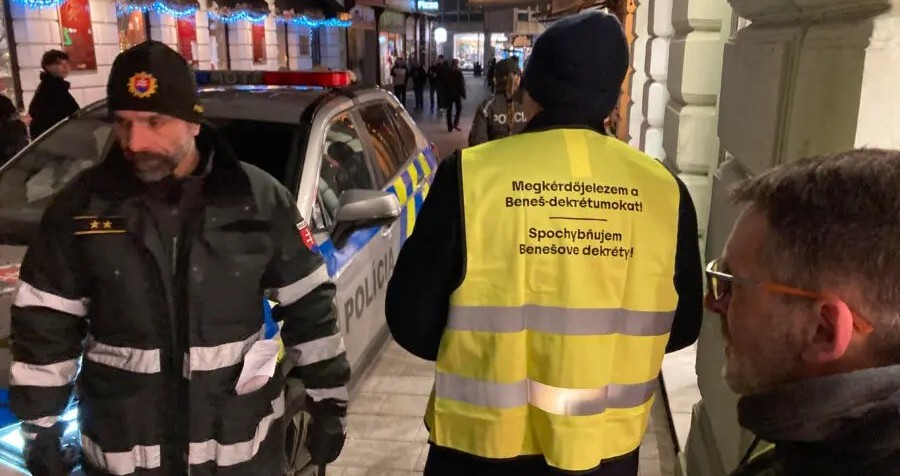
Hungarian Minister for Foreign Affairs and Trade Péter Szijjártó condemned the detention of ethnic Hungarian politician Örs Orosz by Slovak police during a protest against the Beneš decrees in Bratislava, stressing that Hungary rejects the principle of collective guilt and will continue to raise the issue with the Slovak government.
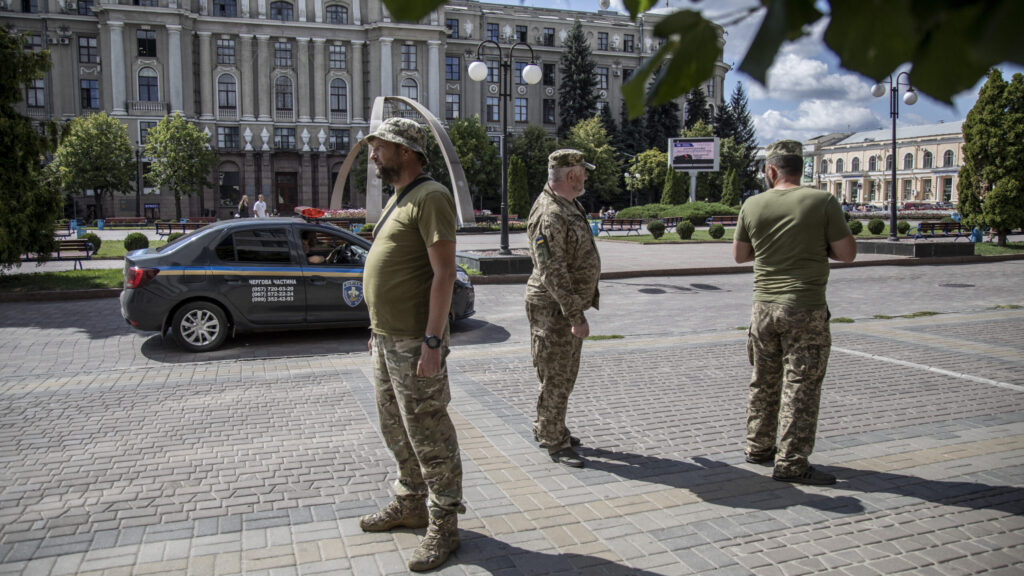
Hungarian officials have condemned the death of 46-year-old Zsolt Rebán, an ethnic Hungarian and EU citizen who collapsed after being forcibly conscripted by Ukrainian authorities despite a documented heart condition. His death has intensified Budapest’s criticism of Kyiv’s mobilization practices and further strained already tense Hungarian–Ukrainian relations.
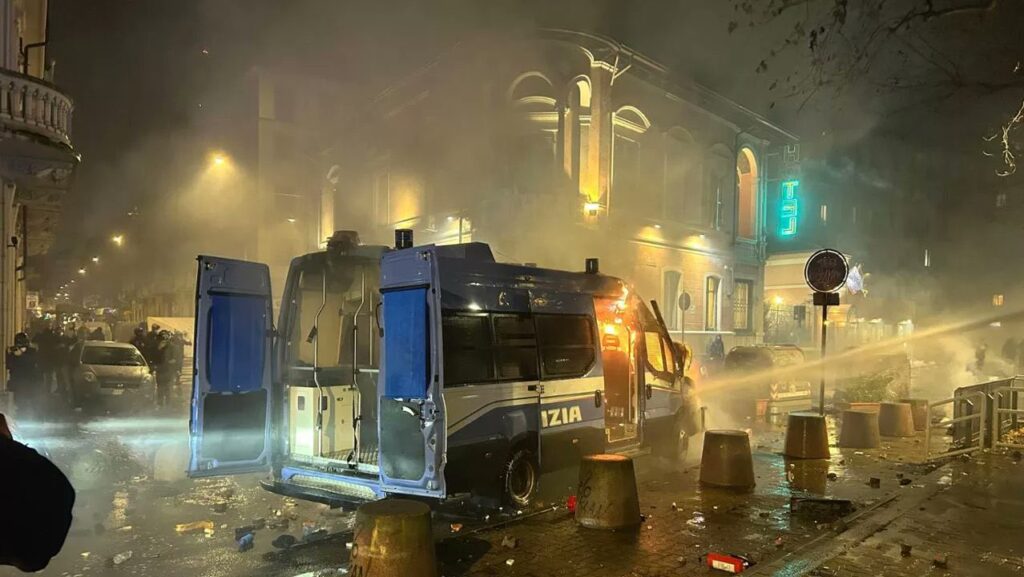
Masked Antifa-linked extremists armed with improvized weapons clashed with Italian police in Turin, resulting in multiple injuries and arrests. Italian Prime Minister Giorgia Meloni condemned the violence and urged the courts to hold the perpetrators accountable. The events in Turin are yet another example of increasingly aggressive far-left political violence that many Western countries have to confront in order to maintain stability.
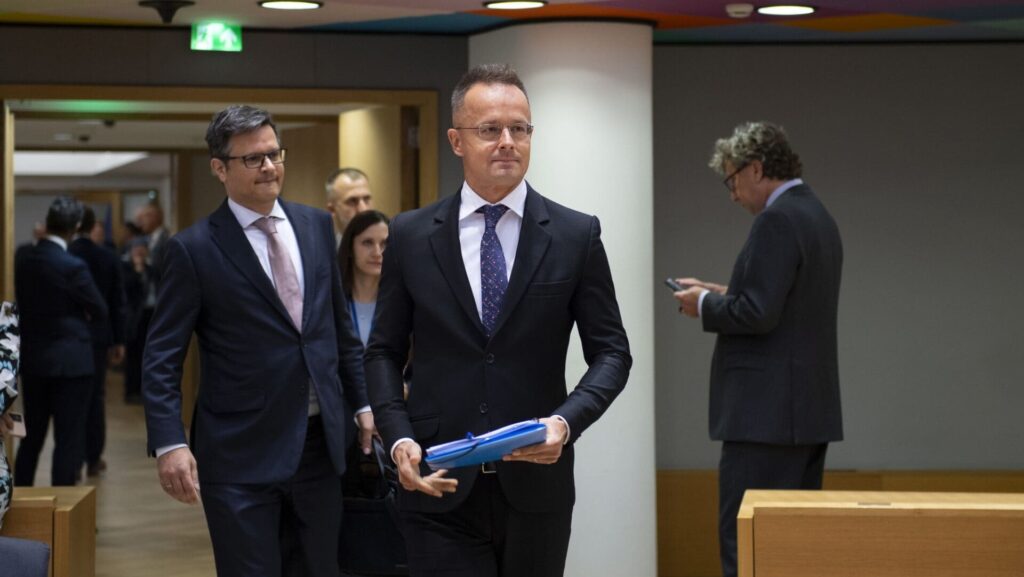
The European Union has ‘openly chosen war’, Hungarian Foreign Minister Péter Szijjártó said after the latest EU Foreign Affairs Council, warning that Brussels is pushing massive new financial commitments to Ukraine. According to the minister, plans involving up to €1,500 billion would burden European taxpayers and divert funds from Europe’s own development.
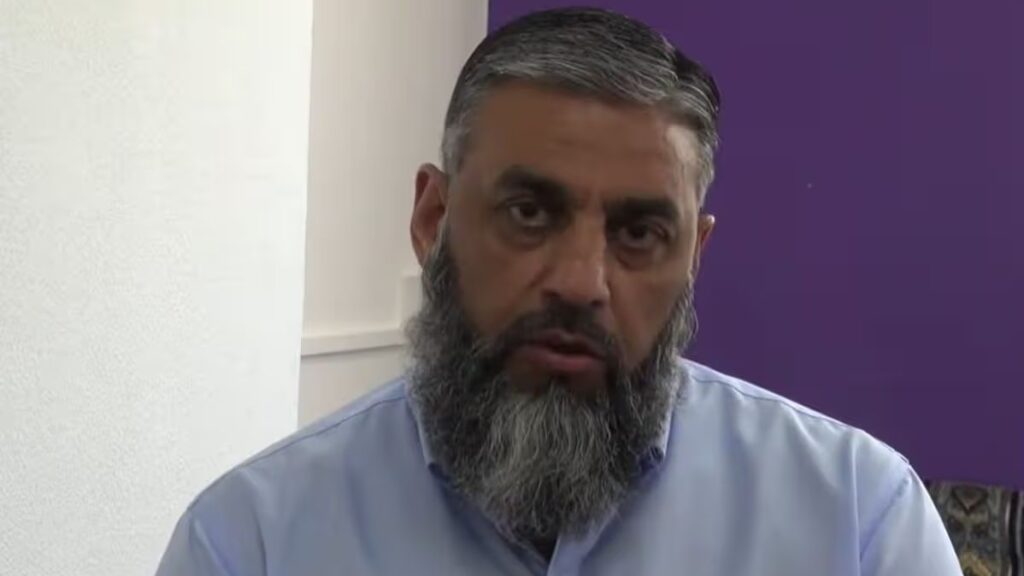
A convicted Islamist terrorist jailed for plotting attacks on Western targets is now seeking elected office in the UK—claiming he is doing so to ‘push back against the far right’. Shahid Butt, imprisoned in 1999 for his role in an Abu Hamza-linked terror cell, is standing for Birmingham City Council in May, raising serious questions about Britain’s democratic safeguards.
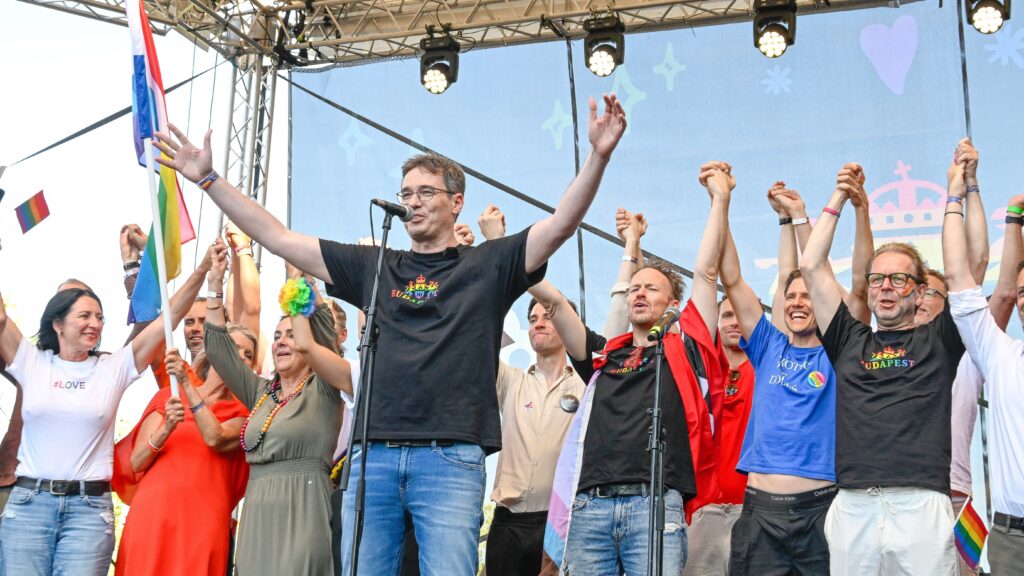
Liberal-progressive Renew Europe has leapt to the defence of Budapest Mayor Gergely Karácsony after Hungarian prosecutors charged him over organizing the banned 2025 Pride march. Framing the case as a political attack on ‘European values’, Renew leaders accused Budapest of authoritarianism—escalating tensions just weeks before Hungary’s parliamentary election.
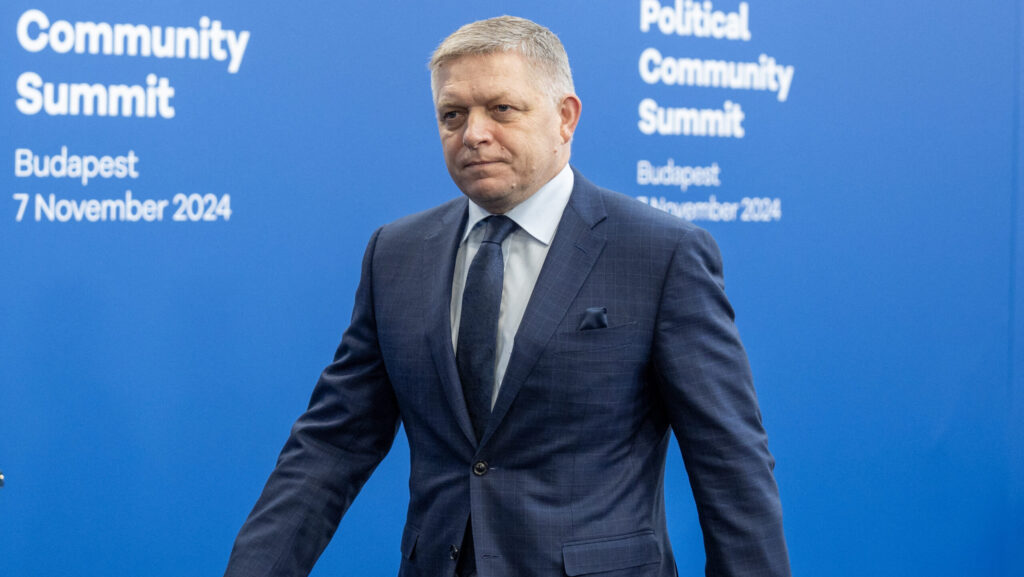
Slovak Prime Minister Robert Fico has fiercely rejected a POLITICO Brussels report claiming he questioned Donald Trump’s mental health during last week’s EU summit, calling the story a fabrication built on anonymous leaks. Fico said he made no such remarks, accused the outlet of spreading deliberate lies, and warned of a broader effort to discredit leaders pursuing independent foreign policies.

After weeks of viral growth on right-wing platforms, the Amelia meme has broken into Britain’s mainstream media—prompting panic rather than reflection. The Guardian and LBC now accuse the purple-haired character of fuelling racism, as AI-generated Amelia content spreads globally, spawns copycat characters, and even inspires a cryptocurrency token.
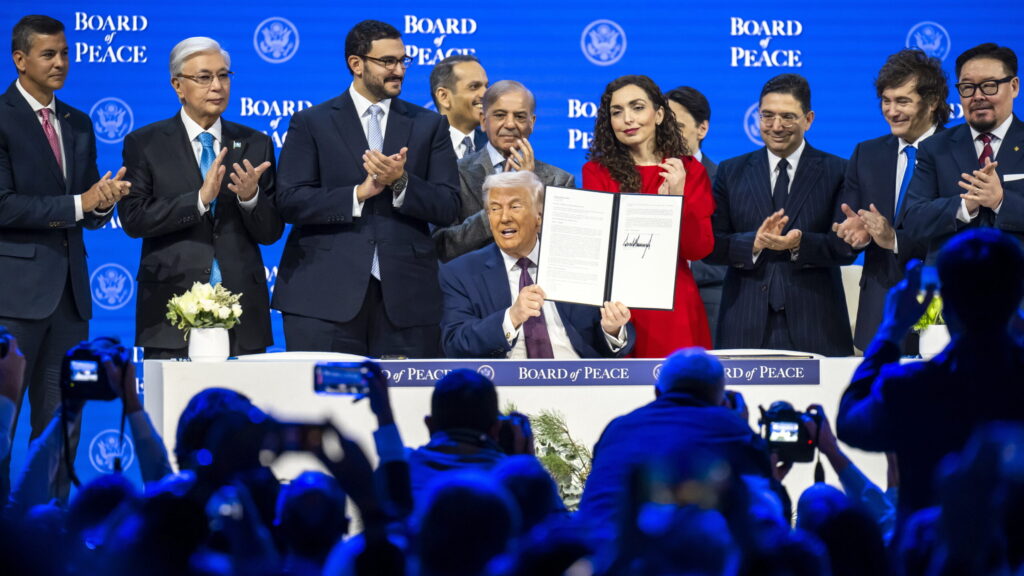
Donald Trump’s Board of Peace is not merely a new diplomatic forum, but a deliberate attempt to replace the United Nations’ paralysed conflict-resolution role. Designed to bypass vetoes and institutional capture, the initiative could weaken China’s leverage at the UN and drive Moscow away from Beijing.
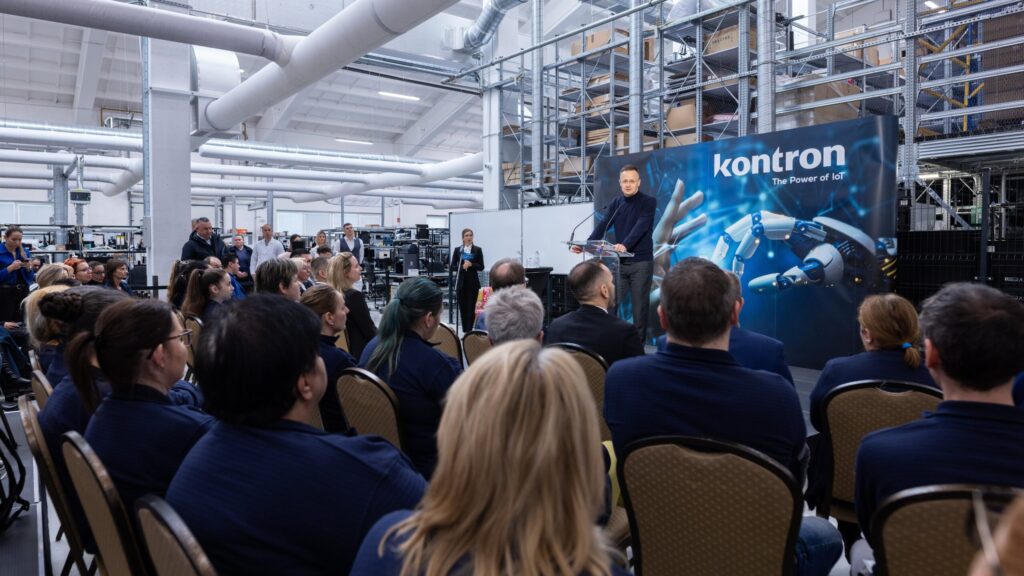
Kontron Electronics is relocating manufacturing from China to Hungary in a HUF 2 billion investment backed by state support, a move Minister of Foreign Affairs and Trade Péter Szijjártó hailed as a strategic win for reindustrialization. The project will create new jobs, protect hundreds of existing positions, and bring high-value electronics production for medical, aviation, and robotics sectors back to Europe.

On International Holocaust Remembrance Day, US Chargé d’Affaires Caroline Savage joined an immersive augmented-reality experience that transforms Budapest’s former Jewish ghetto into a living historical space. The project, If These Streets Could Talk, uses cutting-edge technology to place visitors inside real stories from the Second World War—an approach Savage described as ‘extremely powerful’.
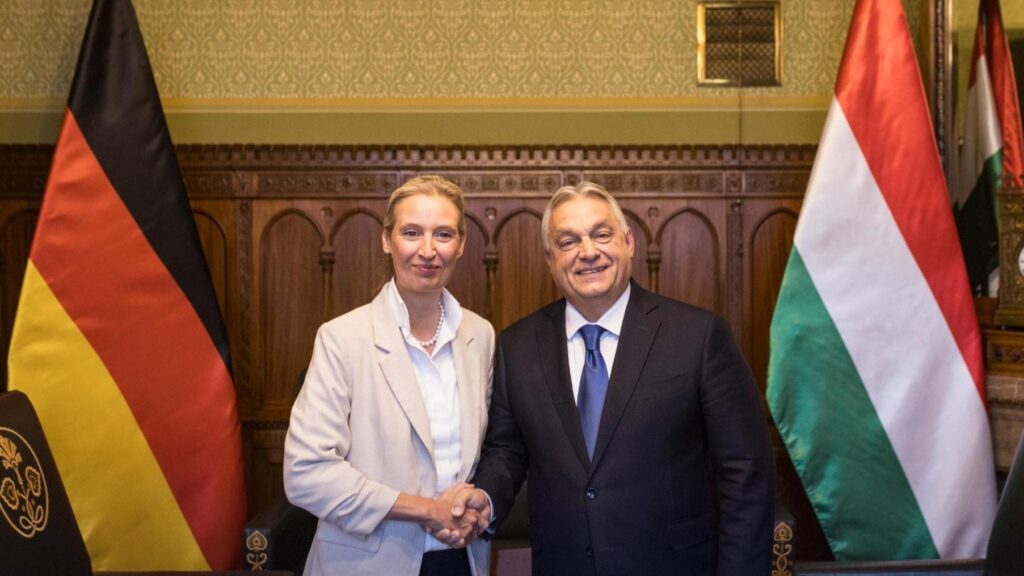
Viktor Orbán has backed AfD co-chair Alice Weidel’s demand that Ukraine pay reparations for the sabotage of the Nord Stream pipelines, retweeting her speech in which she vowed to make Kyiv ‘repay’ the damage. The intervention follows mounting evidence of Ukrainian involvement in the 2022 explosions and adds to growing pressure on European governments to confront responsibility for the attack.

Crowborough has become the latest flashpoint in Britain’s migration crisis after locals staged their 12th protest against plans to house 500 male asylum seekers in a former army camp. Residents told broadcasters they fear for safety and say migrants are already ‘hanging around’ town, while Labour insists the policy will replace costly asylum hotels—despite reports the camp will require £5.5 million in extra policing.
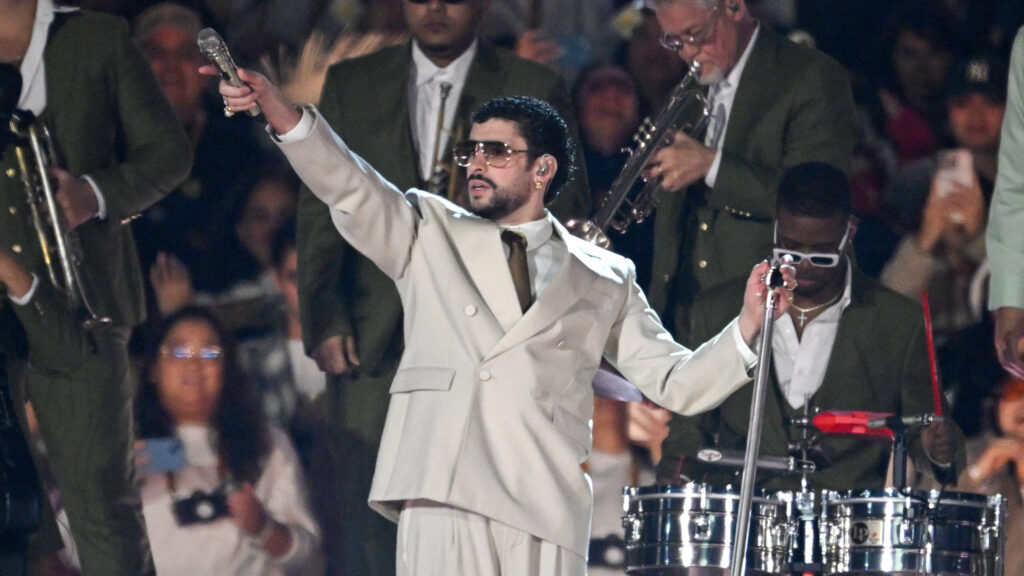
The Super Bowl’s culture war is back as the New England Patriots return to the NFL’s biggest stage against the Seattle Seahawks, with Bad Bunny set to headline the halftime show. The Puerto Rican star’s anti-Trump politics—and rumours he may wear a dress as a ‘queer’ statement—have already triggered backlash, while Turning Point USA prepares a rival ‘All American Halftime Show’ built around ‘Faith, Family & Freedom’.
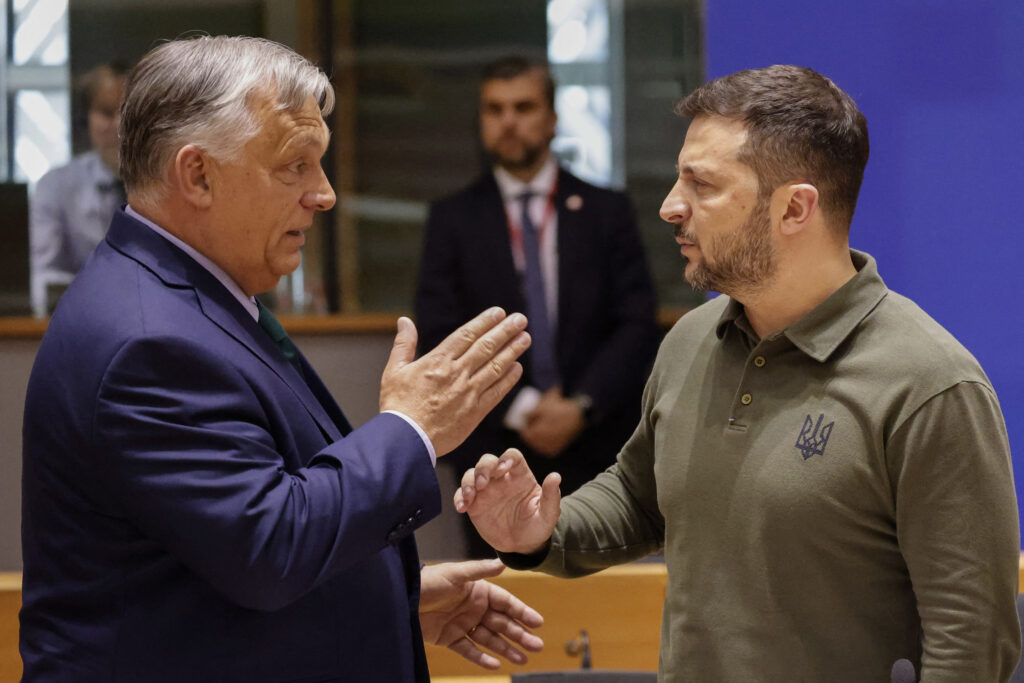
Viktor Orbán has warned that Ukraine is trying to influence Hungary’s election by escalating attacks on his government over EU accession and war funding. After Zelenskyy said leaders like Orbán ‘deserve a smack’, FM Andrii Sybiha accused Budapest of serving Putin and likened Orbán to WWII-era far-right leader Ferenc Szálasi. Hungary says both Brussels and Kyiv are interfering in April’s vote.

US tennis player Amanda Anisimova has gone viral after refusing to join the mainstream media’s ritual condemnation of Donald Trump during a press conference at the 2026 Australian Open. Asked how it felt to ‘play under the American flag right now’, Anisimova said she was ‘always proud’ to represent the US—and dismissed the political bait as ‘not relevant’.
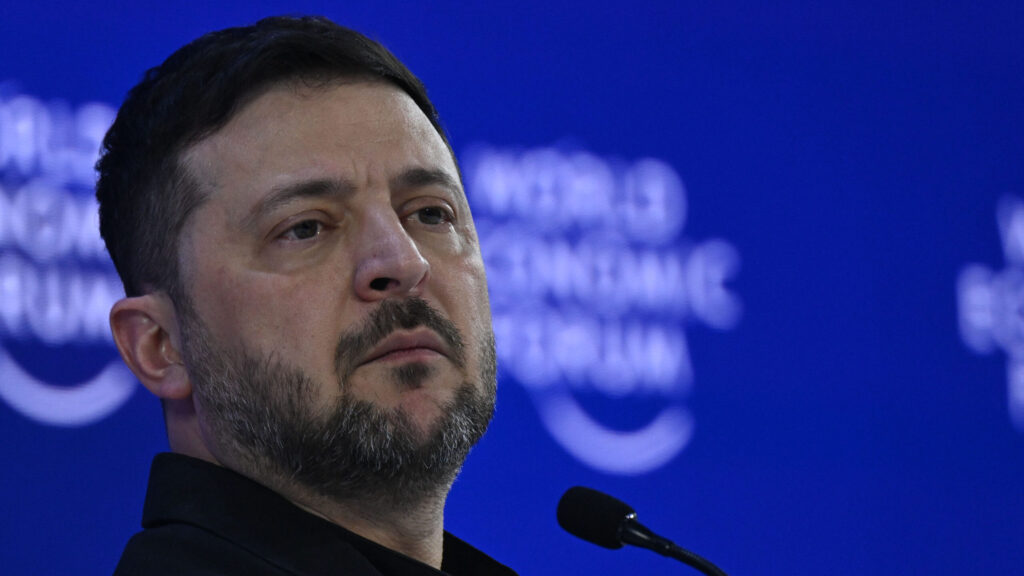
Volodymyr Zelenskyy used his Davos speech to lash out at Viktor Orbán, the EU, and even Donald Trump, accusing Europe of weakness and calling out ‘every “Viktor”’ he claims lives off EU money while ‘selling out’ European interests. Orbán hit back by calling Zelenskyy ‘a man in a desperate position’, insisting Hungary will not support Ukraine’s war effort while continuing humanitarian aid.
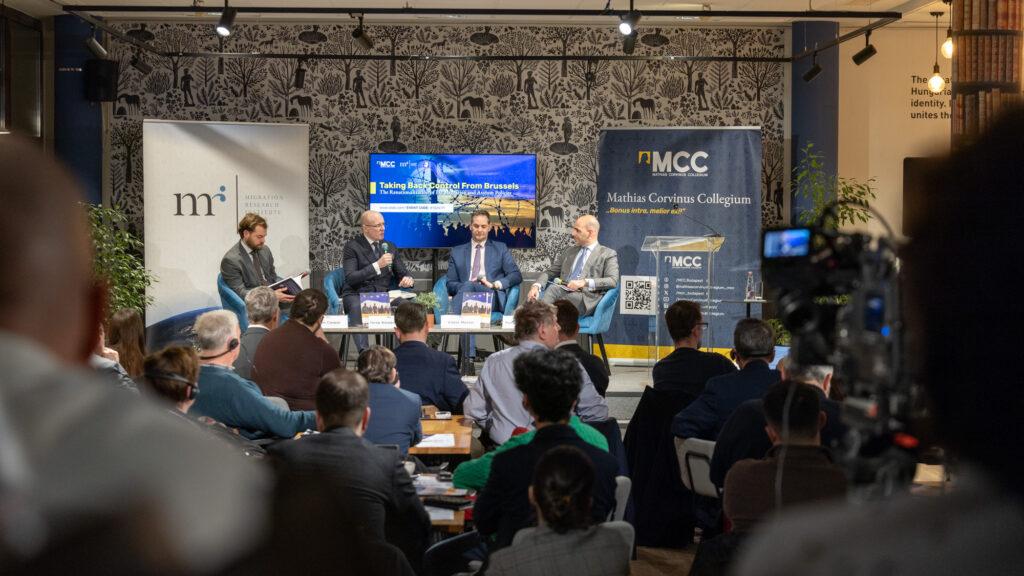
Europe’s migration crisis cannot be solved without rewriting the legal system that fuels it, the authors argued at an MCC event in Budapest presenting a groundbreaking study on renationalizing EU asylum policy. Speaking at the event, Balázs Orbán warned of ‘civilizational erasure’ and a ‘double threat’ of parallel societies and civil conflict, urging sovereign border control and reform of international humanitarian law.
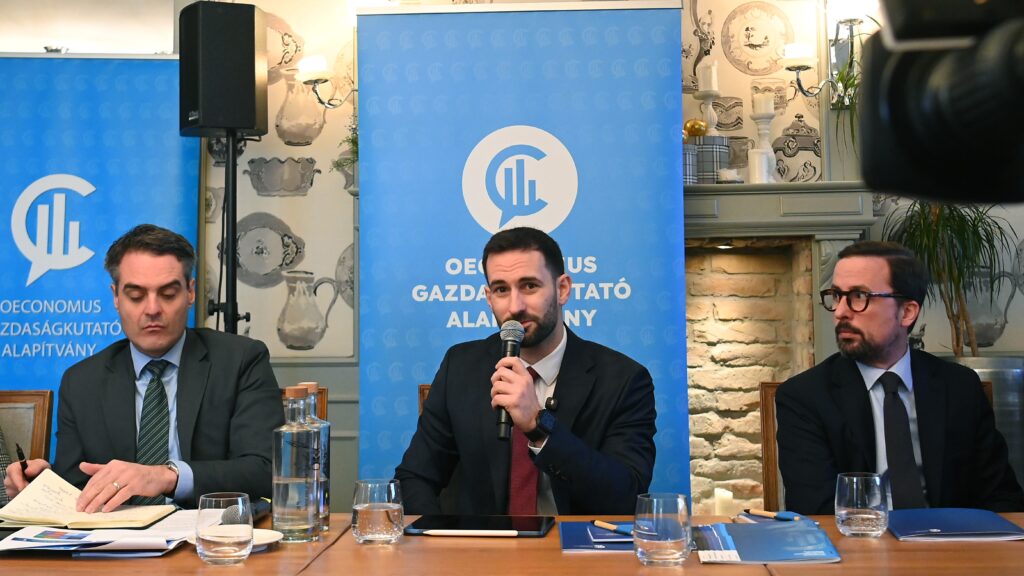
Hungary expects stronger growth in 2026, driven by rising consumption, improving sentiment and an investment rebound in the second half, according to André Palóc of the Ministry of National Economy. Speaking at an Oeconomus event, he cited falling prices after retail mark-up cuts, winter utility protections and major family tax and housing programmes, as analysts forecast 2–3 per cent GDP growth.
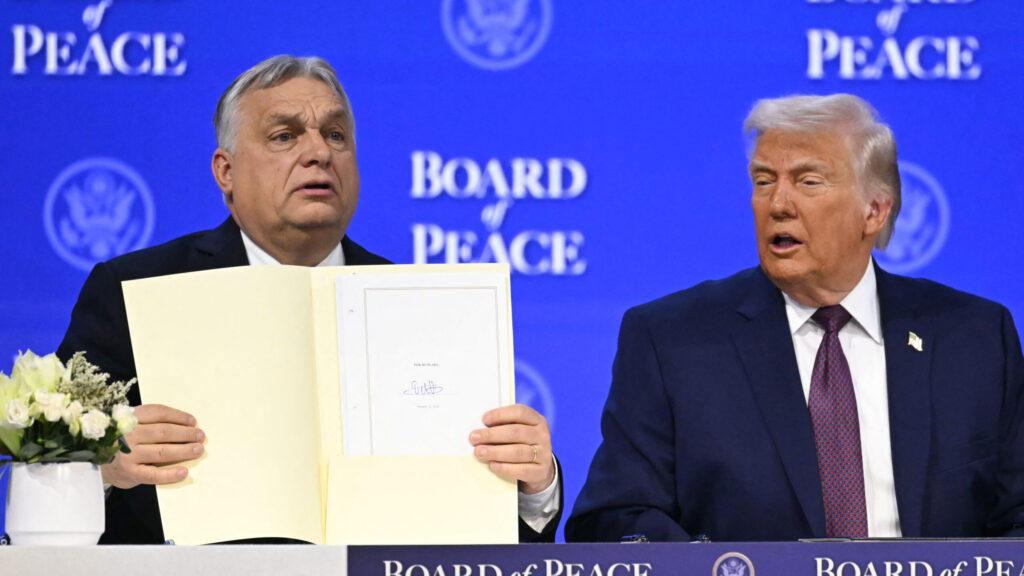
Hungary has joined Donald Trump’s newly unveiled Board of Peace as a founding member in Davos, with Viktor Orbán warning that war brings inflation, sanctions, high energy prices, and economic decline. Balázs Orbán hailed the platform as ‘one of the first institution of the new world order,’ while European powers such as France and the United Kingdom refused to join the new conflict resolution forum.
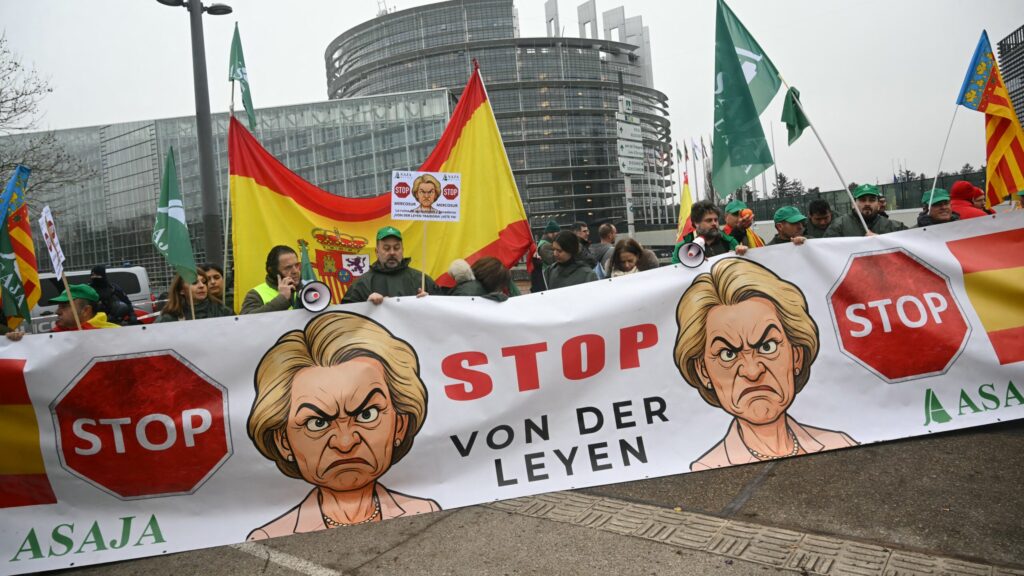
European Commission President Ursula von der Leyen faces her fourth no-confidence vote in six months on Thursday, after the right-wing Patriots for Europe tabled a new motion of censure. The vote follows a major setback for von der Leyen and the EPP, as the European Parliament sent the EU–Mercosur deal to the Court of Justice for legal review.
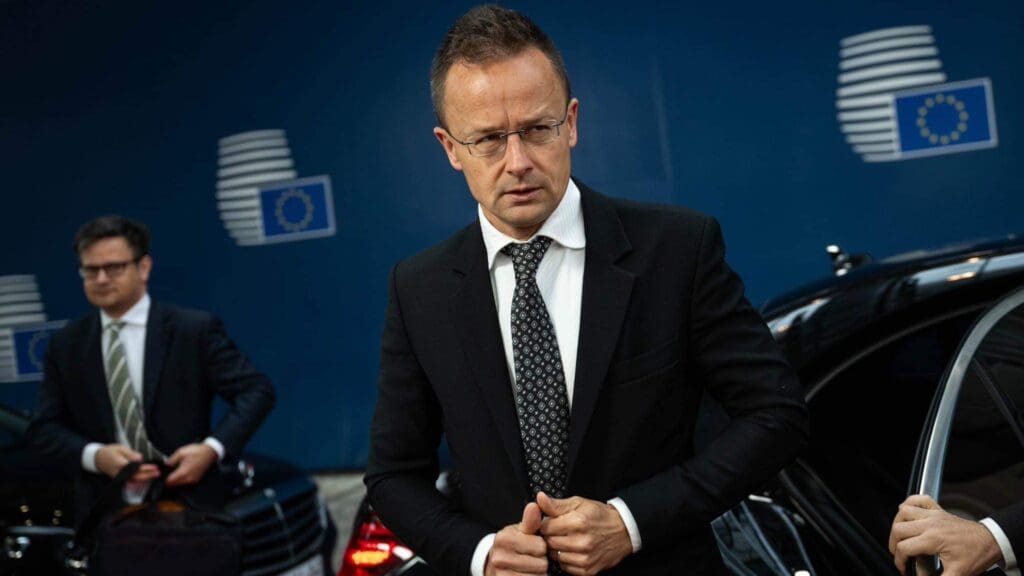
Kyiv has summoned Hungary’s ambassador in protest at Budapest’s rejection of further EU financial assistance to Ukraine, prompting a sharp response from Péter Szijjártó. The foreign minister said Hungary will not help finance Ukraine ‘over the next decade’, warning against ‘squandering the future of our youth’ and accusing Ukraine of interfering in Hungary’s internal affairs.
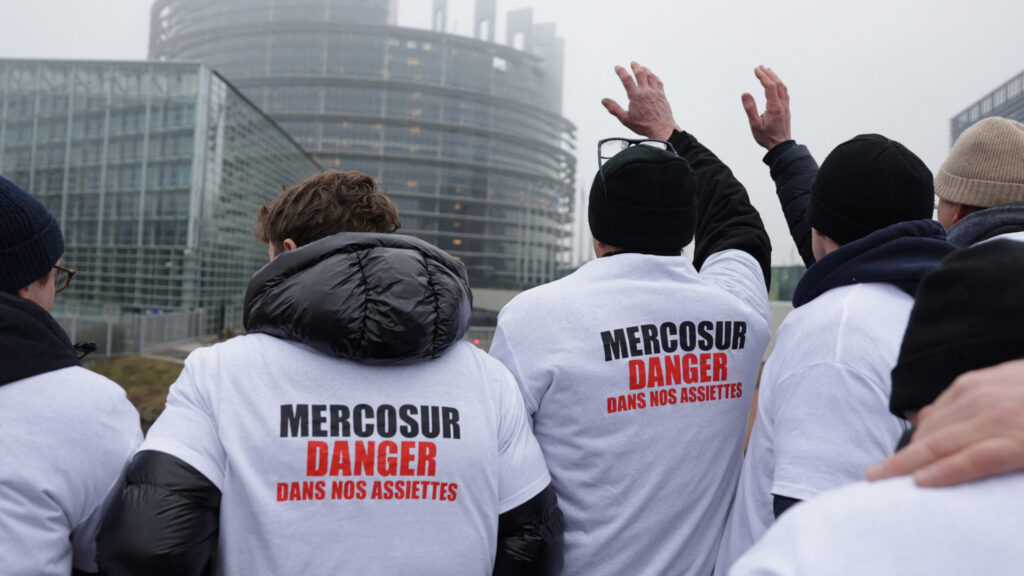
The European Parliament has voted by a razor-thin margin to send the EU–Mercosur agreement to the CJEU for a legal opinion—an outcome hailed by Hungary’s Csaba Dömötör as a Patriots for Europe-driven breakthrough for farmers. With only ten votes separating the sides, the Patriots’ bloc claims it tipped the balance against an EPP-backed push to fast-track the deal.
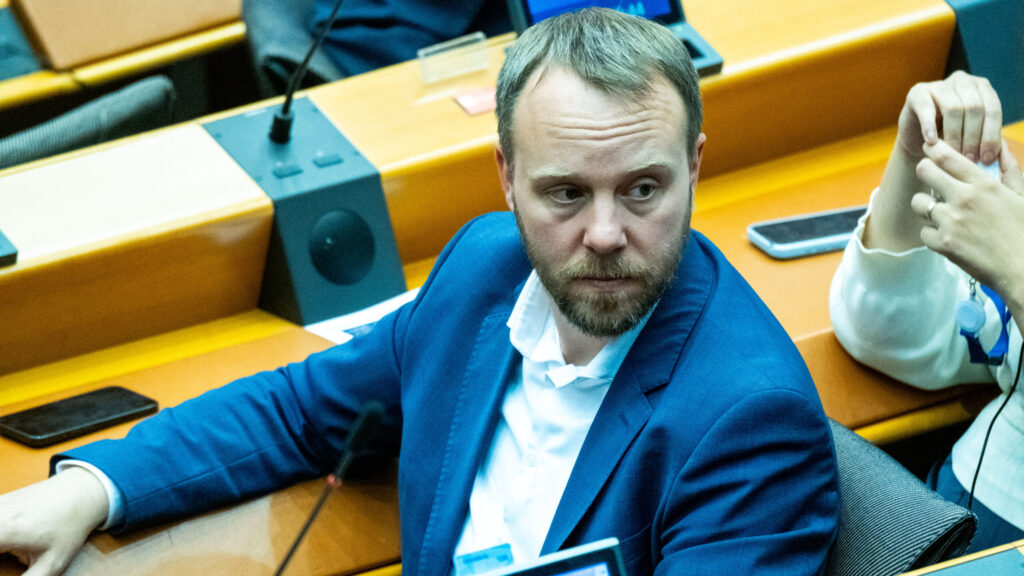
The European Parliament’s liberal–progressive camp has renewed attacks on Hungary after the Commission approved €16 billion in SAFE defence funding, with Green MEPs urging delays until after April’s election. Despite Kaja Kallas insisting funds will be audited, critics again weaponize the ‘rule of law’ to block Hungary’s military modernization and influence its election.
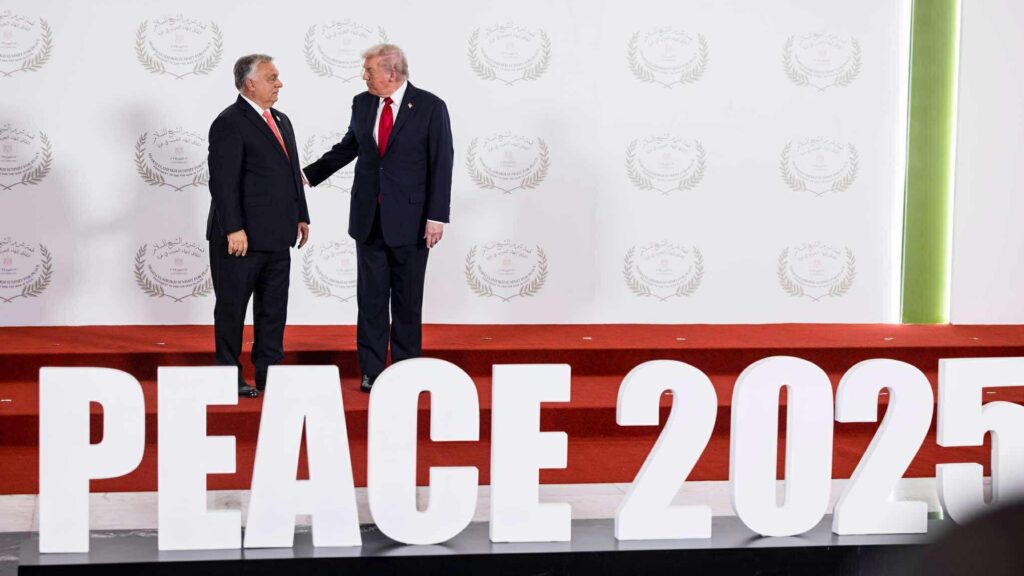
Hungarian Prime Minister Viktor Orbán’s invitation to Donald Trump’s ‘Board of Peace’ has sparked immediate controversy at home, after reports claimed Hungary would have to pay $1 billion for a seat. Yet the board’s charter states membership carries no financial obligation by default, with the billion-dollar contribution only offering an automatic extension beyond the standard three-year term.
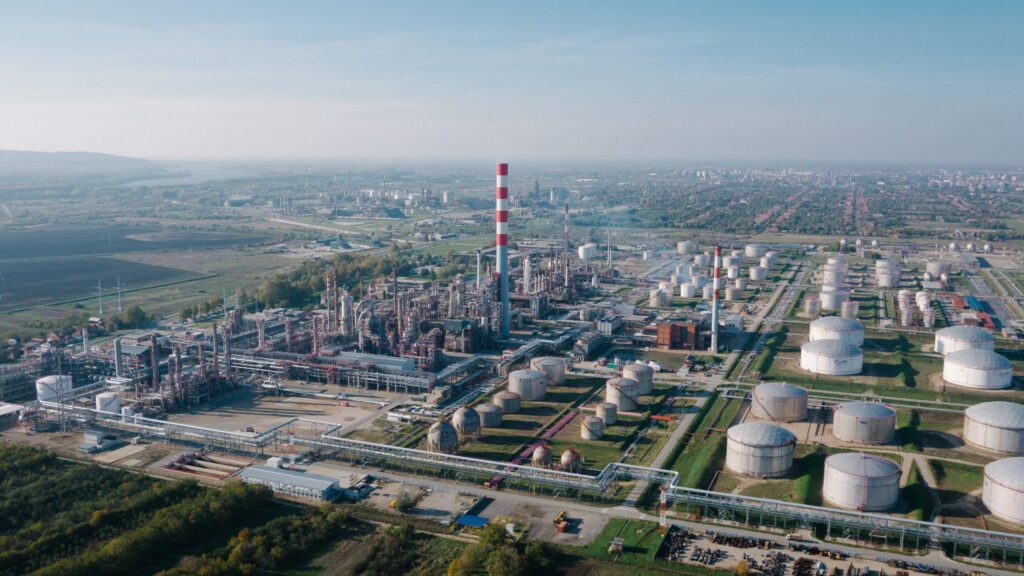
Serbia has struck a deal for Hungary’s MOL to buy the majority Russian-owned stake in national oil firm NIS, Energy Minister Dubravka Djedovic Handanovic announced. The terms will also be sent to the Trump administration, as Belgrade seeks to strengthen its position amid US sanctions on Russia’s energy sector and safeguard operations at the Pančevo refinery.

The Stek Oost experiment in Amsterdam was built on a progressive promise: coexistence between Dutch students and refugees would accelerate integration. But Zembla’s investigation suggests the reality was far darker, with students describing sexual assault, stalking, and repeated violence, while claiming their concerns were dismissed.
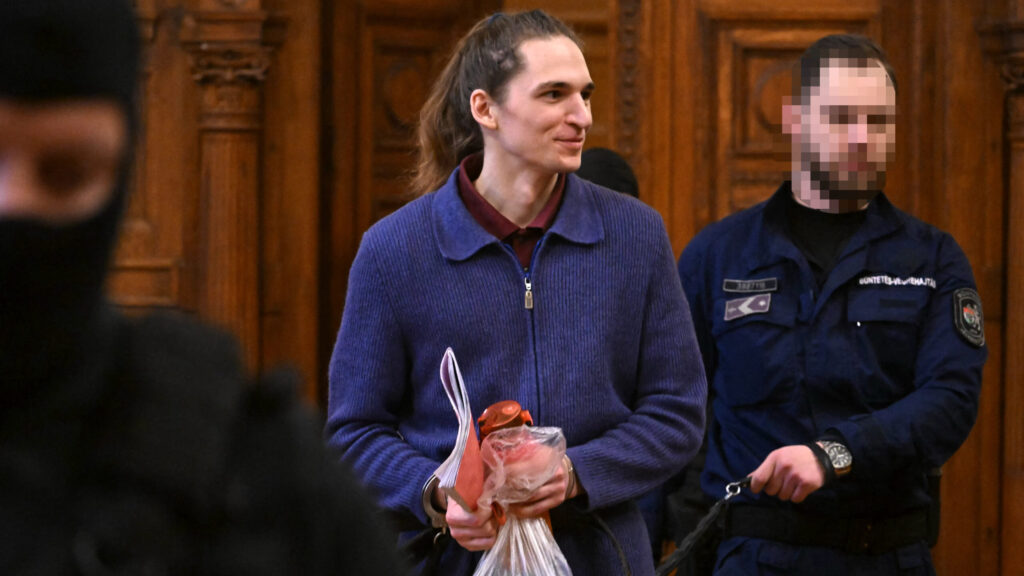
Deutsche Welle has published a propaganda interview whitewashing Budapest Antifa attack suspect Maja T. In the discussion, Maja T accuses the Hungarian government of influencing the courts and breaching European detention standards, while the victims of the 2023 attacks—including those beaten with iron bars—fade into the background.
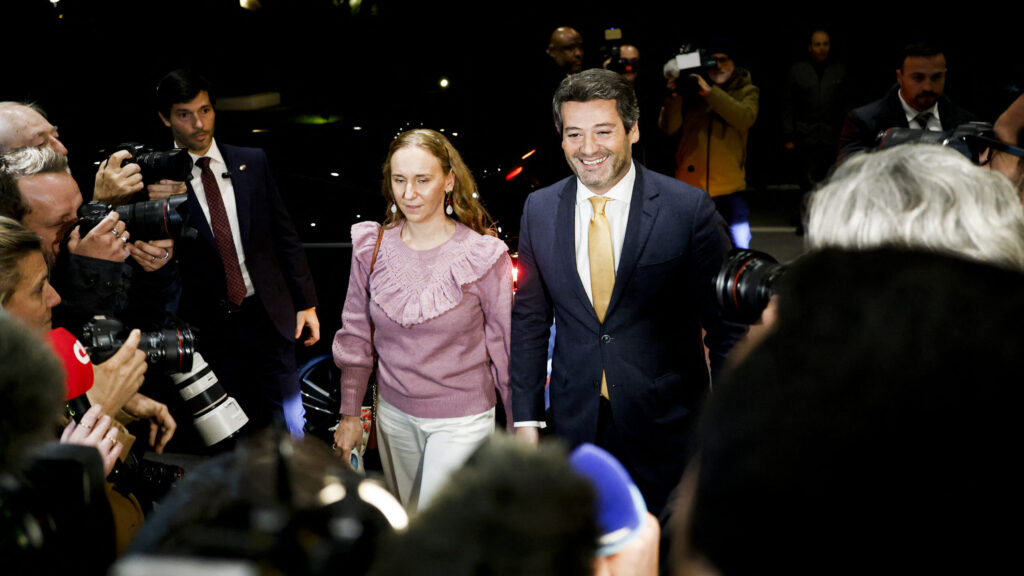
Portugal’s presidential election is headed for a run-off between right-wing, anti-immigration Chega leader André Ventura and socialist António José Seguro after the first round delivered a surprise Seguro lead with around 30 per cent, while Ventura secured 24.46 per cent with more than 93 per cent of votes counted.